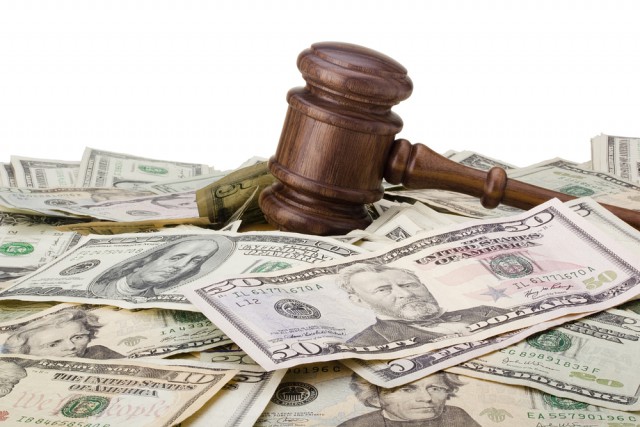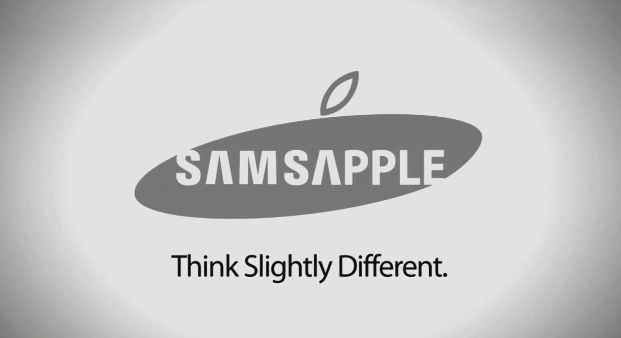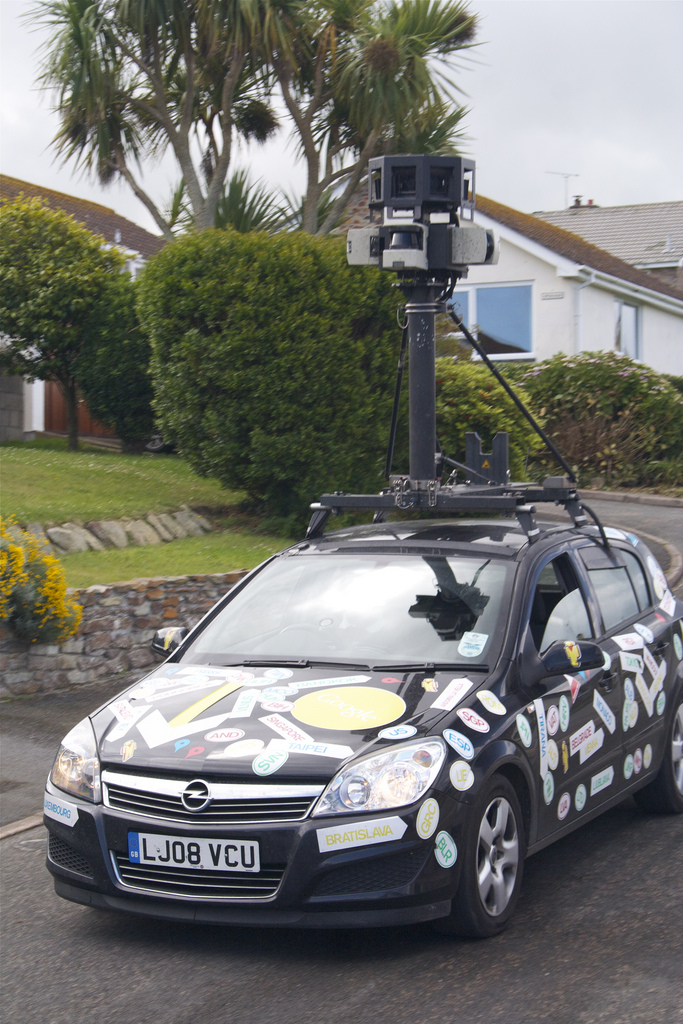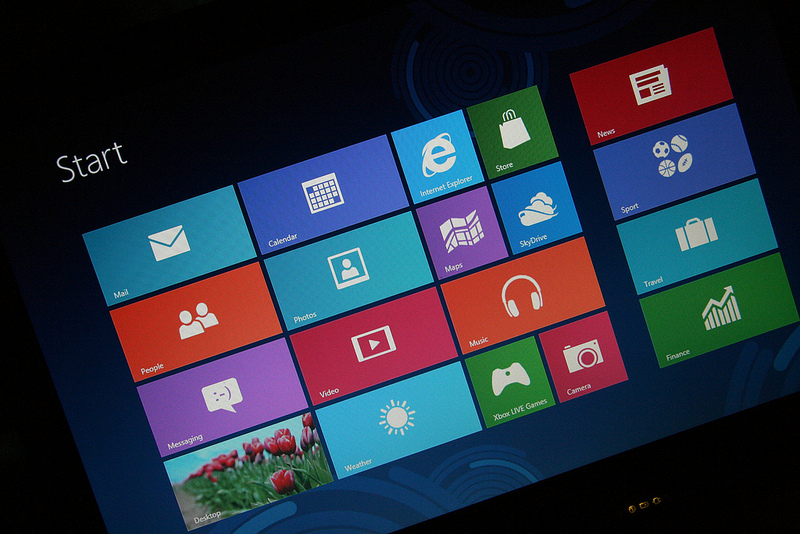
Your Fourth Amendment rights don't apply to Facebook
Last week, a federal district court made a ruling that has broad implications for your privacy on Facebook. The end result is that you should be much more careful about what you share on Facebook with whom, because regardless of whether your profile is private or not, the Federal Government can use your friends to gather evidence against you, which in turn can be used against you in a court of law.
This is what happened to accused gangster Melvin Colon. The Bronx, N.Y. man used his Facebook to brag about his apparent exploits, which according to reports included messages of loyalty to his gang, posts on violent acts and threats to other people. The US Government was then able to find a friend who worked against Colon, and allowed law enforcement to use his or her Facebook to gather evidence.

Big Fish Games brings real-money gaming to Apple's App Store
Social gaming just used to be about having fun, but now there’s a real-money element creeping in. First Gamesys launched a Facebook app that allowed UK residents aged 18 and over to play for real cash prizes while interacting with friends, and now Big Fish Games is getting in on the act with Big Fish Casino for iOS devices. The game is a relaunched and rebranded version of Card Ace: Casino, from recently acquired Self Aware Studios, that offers new games and additional social features, and will soon also allow UK users to play slots for real money.
If the thought of wagering your earnings on spinning reels doesn’t do it for you, you might be more interested to hear that the real-money feature, powered by UK-licensed online gaming company Betable, will also be available in blackjack, roulette and video poker in the coming months.

What does Apple REALLY want from Samsung?
Answer: One-hundred percent of all profits gained from Sammy's smartphones and injunction barring sales of future models. Is that clear enough for you? Because it might not be from the stilted news stories about the Apple-Samsung trial under way here in California. Apple feels entitled to everything. That's how highly the company's top-brass thinks about their intellectual property and how little they do about Samsung's.
Instead of reading about how much Apple demands, blogs and news reports focus on the puny 2.4 percent per phone Samsung asks Apple for so-called essential patents or the extent of copying as told by the fruit-logo company. The story you read everyday about the Apple-Samsung trial is a good yarn, but there's enough urban legend to warrant a Snopes.com entry.

Chinese 'kidney for iPad' trial starts
Nine people have gone on trial in the central province of Hunan, China, accused of illegal organ trading and intentional injury after a 17-year old high school student sold one of his kidneys to buy an iPad and iPhone. The teenager, identified in a report by the state-run China Daily as Wang Shangkun from the Anhui province, was allegedly recruited through a chat room by one of the defendants, and paid 22,000 Yuan ($3,456) for the organ, which was removed in an illegal transplant operation by a team from a local hospital. The kidney was sold by the gang behind the trade to an unknown buyer for 150,000 Yuan ($23,566) and a further $10,000 in cash, netting them a profit of around $30,000.
While to Westerners $3,458 seems a shockingly low price to sell a kidney for (especially considering how much the recipient was willing to pay), it’s important to put that figure into context. The average wage paid to workers assembling Apple products at Foxconn is around 2,200 Yuan ($346) a month, so the figure Wang received would have equated to nearly ten months’ salary for someone working at the plant -- a colossal amount of money to a young man still in full-time education.

Microsoft and NYPD make new Precrime tool, hopes you won't get a red ball
New York City Mayor Michael Bloomberg and NYPD Police Commissioner Raymond Kelly unvield a new partnership with the Microsoft Corporation. Working together, New York Police Department and Microsoft developed a crime prevention and counterterrorism information analysis platform they call Domain Awareness System. When fully deployed, the new system will provide NYPD investigators and analysts a comprehensive view of potential threats and criminal activity. DAS will help aggregate and analyze public safety data in real time.
DAS takes tips, emergency response calls, and other live incident and safety reports and automatically ties them to richer amounts of information. A network of smart CCTV cameras, license plate readers, speed cameras, and pre-existing cross-agency database information is filtered to relate to those incidents and tips that match. Law enforcement can then develop live real-time incident reports that can be transmitted to police in the field.

Google pays record $22.5 million for Safari cookies
The rumors were true. Today, the US Federal Trade Commission fined Google $22.5 million for putting its hand in the Safari cookie jar. Technically, the amount is a settlement, but effectively a fine. The search and information giant circumvented Apple browser privacy controls to mine personal data.
Google isn't the only company accused of bypassing Safari privacy controls, but it is most answerable to regulators. The search company already is under 20-year oversight for violating the FTC Act. In October 2011, Google agreed not to misinterpret its consumer privacy practices.

10 interesting things we’ve learned from the Apple vs. Samsung trial (so far)
We’re only into the second week of the "patent trial of the century" but we’ve already been granted an unprecedented peek behind the curtain into the notoriously secretive world of Apple Inc. Here, in no particular order, are ten of the most fascinating reveals from the trial to date.
Steve Jobs was open to the idea of a seven inch iPad

Oracle and Google ordered to come forward with names of paid journalists
Despite proceedings being almost over, the Oracle v. Google trial took an unexpected turn yesterday, on August 7. U.S. District Judge William Alsup ordered both parties to come forward with the names of the people they paid that could make public comments related to the case in point, according to a court order released yesterday.
Judge William Alsup gave an order of disclosure for financial relationships concerning the involvement of commentators on case-related issues. The court order includes print and Internet authors, bloggers, commentators and journalists that have published, or may in the future publish comments related to the issues in this case.

Anti-Patent Troll bill to 'save high-tech innovators' hits House
"Patent trolls," or non-producing companies that buy up patents in hopes of litigating their way to profit, have been in the technology news for years. They have, in effect, created a cottage industry within tech where one company after another uses poorly written and overly broad patents to block new products, squash competing products from reaching the market, or just to try to defend themselves from possible legal extortion. However, a new bipartisan bill coming from the desk of US Congressional Representative Peter DeFazio (D-OR), cosponsored by Rep. Jason Chaffetz (R-UT) will be the first legislative deterrent to predatory patent troll lawsuits. The bill's goal is to amend Chapter 29 of title 35 of United States legal Code.
The new bill, H.R 6245 112th Congress, 2011–2012, 'Saving High-Tech Innovators from Egregious Legal Disputes (SHIELD) Act' [GovTrack] could change the patent lawsuit game. The introduction to the bill states:

Say goodbye to Verizon tethering fees
Sometimes, even the worst storm cloud has a silver lining.
Today, Verizon Wireless entered into a settlement with the US Federal Communications Commission that lifts the carrier's prohibition on free tethering apps. Verizon had blocked customers from using such apps -- there are plenty on Google Play for Androids -- without paying an extra $20 a month more for the privilege. As such, smartphone users now have a new reason to choose Verizon over AT&T, Sprint or T-Mobile, which aren't subject to the same rules. If you're a Verizon customer or soon to be one, the consent decree is a kind of Christmas in July present. You can tether for free.

Making a bad joke on Twitter shouldn’t be a criminal offense
I like to make jokes. In fact so deep is my love of comedy I’ve co-authored a couple of non-fiction humor books. I can see the funny side in most things, but I’m also able to self-censor. That is, if I think up a joke that someone may find genuinely offensive or upsetting, I will choose very carefully whether or not to say it or post it. I’ve learned over the years to think before speaking, although that doesn’t mean I’ll always do it.
Twitter is full of would-be comedians posting jokes and irreverent observations. Sometimes they’ll score a hit, other times a miss. When a joke occurs, they’ll rush to post it in an effort to impress their peers, and score retweets. The speed that Twitter operates at means people often don’t think before they post. When someone tweets something in bad taste, followers will pick up on it, and the sheer weight of disapproval will frequently lead to the removal of the offending missive and a swift apology.

Google admits breaching UK data privacy agreement
In May 2010, Google hit the headlines when it was revealed that street mapping cars had accidentally collected around 600GB of payload data from unsecured wireless networks around the globe.
The news caused a privacy storm and led to legal actions in numerous countries. In the United Kingdom, the Information Commissioner's Office (ICO) took a lenient approach, saying that while the activity “constituted a significant breach of the first principle of the Data Protection Act” it accepted Google’s explanation as to how collection had occurred. The agency was willing to take no action, provided the search giant deleted the data it had captured.

EU trustbusters tire of Microsoft tricks, probe Windows 8
Just days after opening a new Microsoft investigation, European antitrust regulators have broadened the scope. The software giant already faces possible multi-billion dollar sanctions for non-compliance with a 2009 agreement. European Windows users are supposed to get browser choice, but a ballot box mysteriously disappeared when Windows 7 Service Pack 1 released in February 2011. The European Competition Commission has since added Windows 8 to the investigation.
The agreement, which expires at the end of 2014, requires that a browser choice screen must appear in all copies of Windows, including version 8. The browser choice screen allows a dozen alternate third-party browsers to be shown as options for installation besides Internet Explorer -- when starting IE each time, or starting Windows for the first time. Microsoft faces new allegations the browser choice screen is missing from the final version of Windows 8 and Windows RT.

Twitter fights for its users
Twitter will appeal the ruling of a New York Criminal Court, which ordered the social network to turn over the tweets of Malcolm Harris. He is an Occupy Wall Street protester charged along with several hundred others for allegedly marching onto the Brooklyn Bridge roadway on Oct. 1, 2011. The ruling came last month, after a series of legal back-and-forth actions.
Today, Twitter legal counsel Ben Lee declares that Twitter will fight back: "We're appealing the Harris decision. It doesn't strike the right balance between the rights of users and the interests of law enforcement". The case, and more significantly, the appeal is a loaded gun, pitting free speech against the state's right to prosecute and searing emotions about Occupy's crusade against the so-called 1 percent, whom some will accuse the ruling benefits. Twitter does the right thing, by protecting its users. But considering the statements Judge Matthew Sciarrino made in his ruling, do they have a chance to win the appeal?

UK Judge tells Apple to run adverts Samsung doesn't copy iPad
According to the Bloomsberg News Agency a UK judge has ordered Apple to publish a notice on its website and in various newspapers and magazines (the Financial Times, the Daily Mail, Guardian Mobile magazine, and T3) informing visitors and readers that Samsung did not copy the design of the iPad. The judge, Colin Birss, also stipulated that the notice on Apple’s website should remain there for a minimum of six months.
The order follows Apple’s failed attempt to block sales of Samsung’s Galaxy Tab tablets in the United Kingdom and is apparently intended to correct any damaging impressions consumers may have been given about the South Korean company as a result of the litigation.
